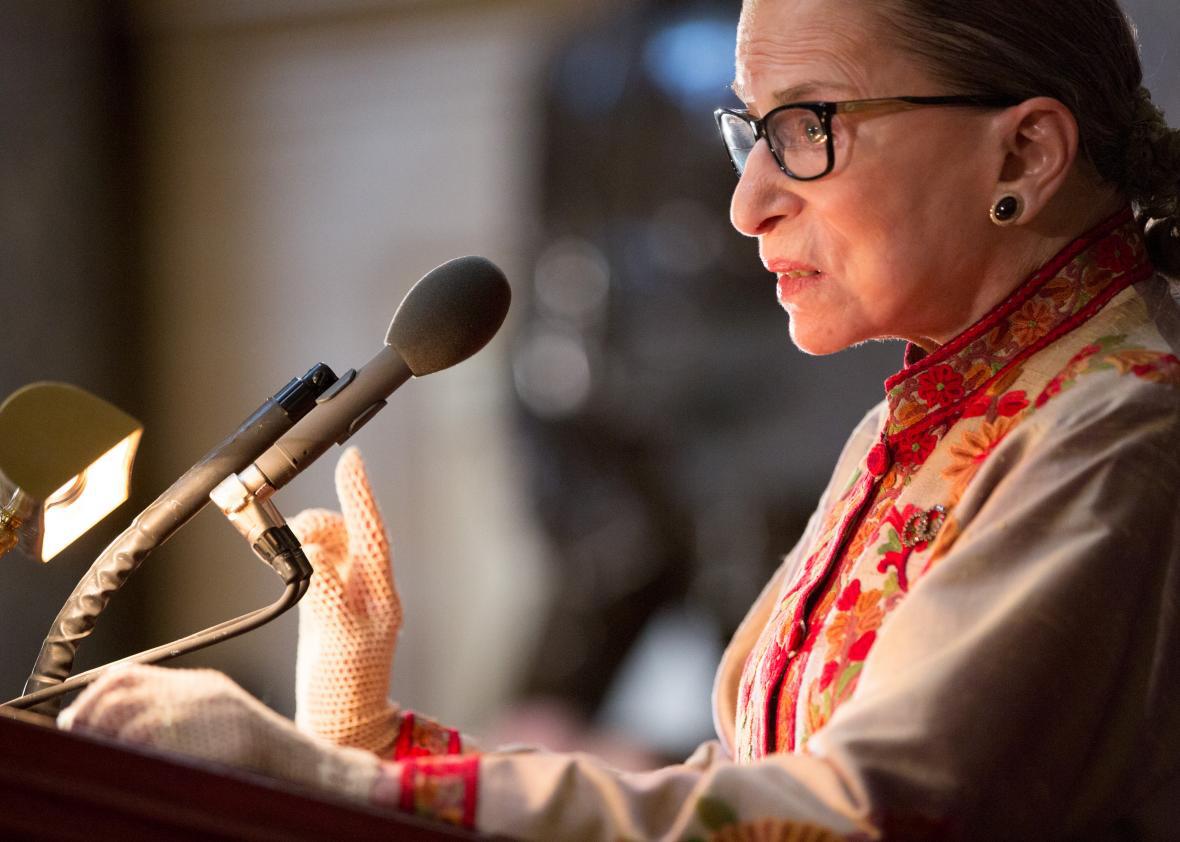The American criminal justice system doesn’t really do trials any more. Sure, a handful of defendants—fewer than 5 percent—take their case to court to try to beat charges, but the overwhelming majority of the accused simply enter into a plea bargain with a prosecutor. For these defendants, a sentencing hearing is absolutely critical, their most substantive interaction with a judge, their best chance to demonstrate why they deserve leniency before the judge determines the appropriate punishment. A delay in sentencing can thus be disastrous for plea bargainers: Witnesses disappear, evidence goes missing, memories cloud.
That is the problem at the heart of Betterman v. Montana, and it’s why Brandon Thomas Betterman asked the United States Supreme Court to hold that the Sixth Amendment’s Speedy Trial Clause—“In all criminal prosecutions, the accused shall enjoy the right to a speedy and public trial”—applies to sentencing hearings. It wasn’t a big ask: For nearly 50 years, the Supreme Court has assumed that the clause does apply to sentencing hearings, protecting defendants (including plea bargainers) from undue delay in sentencing. But on Thursday, the court unanimously quashed that assumption, explicitly holding in Betterman that the Sixth Amendment does not protect defendants against lengthy—even indefinite—sentencing delays.
Justice Ruth Bader Ginsburg’s majority opinion makes hay out of the fact that, at America’s founding, the right to a speedy trial was often described as applying to “the accused,” not “the convicted.” Ginsburg cites legal treatises from the founding era to demonstrate that this distinction is embedded in the Speedy Trial Clause. The clause, she writes, protects only “the accused” (who have not been found guilty) from undue trial delays because they have a legal presumption of innocence. Because “the convicted” have lost that presumption (by being found guilty, or pleading guilty), the clause does not apply to them.
But the historical record is more ambiguous than Ginsburg suggests. As I explained after oral arguments:
The Supreme Court recognized in the 2000 ruling Apprendi v. New Jersey [that] there was no meaningful distinction between a trial and a sentencing hearing when the Sixth Amendment was ratified. In fact, they weren’t even seen as separate trials, but rather as the guilt-determination and sentencing phases of the same trial. Only in modern times have we routinely separated the two proceedings. Thus, the framers would be puzzled by the question of whether “the right to a speedy trial” encompasses the right to a speedy sentencing. Of course it should encompass both—at the founding, there was no difference between the two.
At the very least, this history suggests that a strictly originalist reading of the Sixth Amendment cannot fully decide the problem posed by Betterman. Our modern regime of plea bargaining and discrete sentencing hearings would likely flummox the founders. And Ginsburg does not persuasively explain why the principles of the Speedy Trial Clause should not apply to sentencing in an era when sentencing hearings are often either an extension of the trial—or, for plea bargainers, the only “trial” a defendant ever receives.
There is one spot of good news for the criminal defense bar in Betterman: Justice Sonia Sotomayor, in a brief concurrence, notes that a different constitutional provision, the Due Process Clause, may grant defendants “procedural protections” against delays in sentencing. Five other justices appear open to that idea, as well; Ginsburg writes that “we express no opinion” on the Due Process question. Only Justices Clarence Thomas and Samuel Alito explicitly declare, in a separate concurrence, that defendants have no Due Process right to a speedy sentencing hearing. Betterman is not a total loss for defendants, then, but it is certainly not a win. And it is a reminder to liberals that we will probably never have another Warren Court: Half of our current justices may lean left, but the inventive constitutional progressivism of the Warren era, especially in criminal law, seems to have come to a permanent close.
